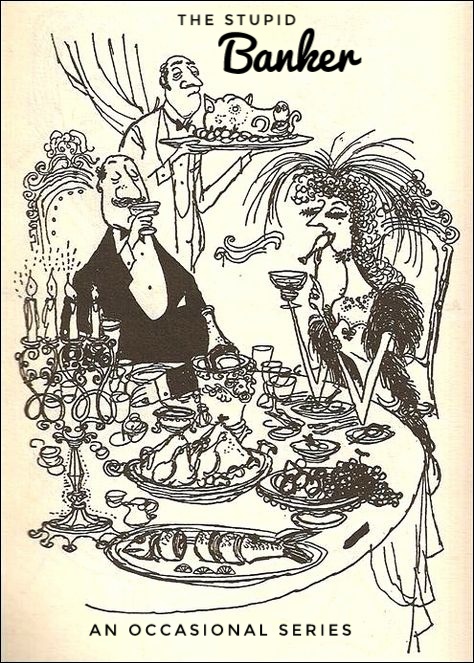Stupid banker cases
There is a series of what we can only describe as the “stupid banker” cases, which involve bankers negligently paying money to people they didn’t mean to, who then refuse to give it back.
| Case | Where | When | Customer’ Instructions | Was there indebtedness? | When due? | Authority? | Outcome |
|---|---|---|---|---|---|---|---|
| Banque Worms | New York | 1989 | Do NOT pay | Yes, but disputed because payee insolvent. | Immediately | Not relevant to restitutionary defence. | Payee kept the money |
| Citibank v Brigade | New York | 2021 | No instructions | Yes | Not till 2023 | Ostensible, but not relevant to restitutionary defence. | Payee kept the money |
| Barclays v Simms | UK | 1979 | Do NOT pay | Yes | Trade invoice | Ostensible, not actual | Payee returned the money |
| Lloyds v Independent Insurance | UK | 1998 | Do pay, as soon as I have cleared funds | Yes | Immediately | Actual | Payee kept the money. |
|
The Jolly Contrarian Law Reports
Our own, snippy, in-house court reporting service.
|
The cases are all quite similar in facts — the boil down to, well, bankers paying money on their customers’ behalves to creditors and later regretting it, but the courts come to wildly different conclusions, and it is quite the epistemological struggle to hold all of them in your head at once. So here is our handy cut-out-and-keep guide.
The following factual variables:
- Where did this happen? Possible answers: New York or the United Kingdom;
- What were the customer’s instructions? Possible answers: do pay the money; definitely do not pay the money; and no particular instruction (so prima facie, do not pay the money, but room for that presumption to be rebutted)
- Did the customer actually owe the payee anything? Possible answers: yes and no;
- If the customer did own the payee, when was the debt due? Possible answers: On the day it was actually paid; at some point in the next month at the customer’s discretion (i.e., a normal trade invoice); at a specified date in the future (such as a loan repayment date)
